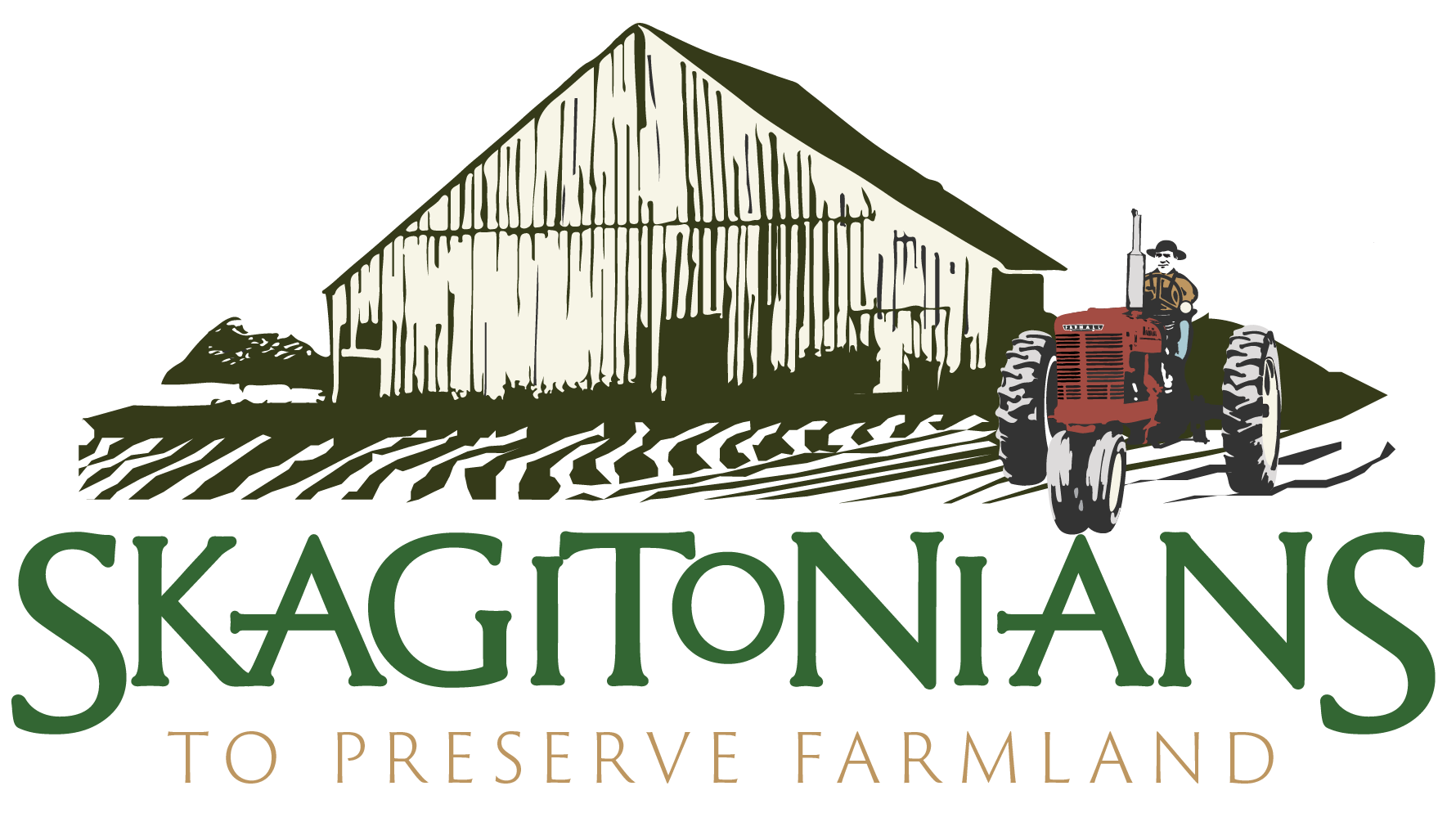The Dirt Issue 28 - The Bread Lab
A Mighty Driver in a Thriving Local EconomyIt’s been said that plant breeding operates at the intersection of production, processing and consumption. Here in the Skagit Valley is a revolutionary model of just how well that intersection works—the WSU Bread Lab at the Port of Skagit.The genesis of all the good that has come out of The Bread Lab is the identification and development of small grain varieties that are regionally-adapted to growing conditions in western Washington. Primarily focusing on wheats and barleys, the plant breeders also work with oats, buckwheat and other small grains.These are not commodity grains, grown for uniformity and massed with other farmers’ crops offering identical characteristics, typically at the expense of flavor and nutrition. These are grains developed to stand apart and offer specialized attributes that make end products anything but same, same. They are more valuable too.Farmers rely on small grains as an integral part of crop rotation with higher value crops such as vegetable seed or potatoes. Planting small grains helps break disease and weed cycles in the field and enhances soil organic matter. Whether commodity wheat or custom wheat, both provide such benefits. But commodity wheat sells at a loss while The Bread Lab’s specially developed wheats have a distinct value to a wide range of value-added processors and appreciative consumers.Increasing the value of grains planted in rotation means another income source, another way to maintain economic viability on the farm. And being of such value to the farmer is no accident. To quote Mise Magazine’s take on The Bread Lab, “They exist, first and foremost, for the farmers, not for culinary advancement. It may appear, based on their passion for bread, that it’s all about reclaiming flavor, but it has to work in terms of yield, in terms of cost, and ability to sell. Nutrition, flavor, everything else gets wrapped up into that package.”It Starts with Plant BreedingAt any given time, thousands, many thousands, of wheat trials are underway at The Bread Lab. Why so many? Wheat has a larger genome than we humans do, meaning its complete set of DNA is nearly six times as large as our own. With so many traits to work with, traditional breeding—the only kind undertaken at The Bread Lab—is a complex enterprise. According to Bread Lab founder and director Dr. Stephen Jones, “Our philosophy is that wheat has to work for the farmer: something with low input, that they won’t have to fertilize, and something that they won’t have to spray with pesticides, whether they’re organic or not,” (Bon Appétit, 2015).To that end, The Bread Lab has introduced Skagit 1109 Hard Red Winter Wheat, the first wheat developed specifically for our maritime climate. “It combines excellent yield potential, disease resistance, and end-use quality with a unique flavor profile in whole wheat uses” (WSU). Another exciting development is called Salish Blue, a hybrid of wheat and wheatgrass, just one variety of a wholly new perennial grain species. Salish Blue holds the promise of bearing seed for multiple harvests, rather than being planted, harvested and dying within a single generation as is true with bread wheat.Who Benefits?According to Matthew Dillon, senior director of agricultural policy and programs at Clif Bar & Company, “These grains serve as rotation crops that enrich farmers’ soil, but are also highly prized by local millers, maltsters, bakers and brewers who use them to make everything from bread to scones to craft beers and whiskeys—all sold regionally and even nationally.”Putting Their Money to Good UseEarly in 2018, Clif Bar & Company and King Arthur Flour Company together contributed $1,350,000 to the new $1.5 million endowment that will enable The Bread Lab to continue in perpetuity its research breeding grains adapted to organic farming practices. Joining in the funding is Seattle’s Beecher’s Homemade Cheese, the Seattle chapter of Les Dames d’ Escoffier, and nine local individuals who made donations ranging from $100 to $75,000.The Clif Bar & King Arthur Flour Endowed Chair in Organic Breeding & Innovation, currently held by Dr. Jones, is a fully funded permanent position that will continue even when Jones no longer holds it. According to Clif Bar’s Dillon, “We’re putting a stake in the ground for organics’ future because we believe The Bread Lab can improve the good that organic brings to farmers, consumers and the planet.”Big Things Are Coming Next MonthProfessional and home bakers, maltsters, brewers, distillers, millers, farmers, plant breeders, chefs and educators will convene July 26 through 28 for the 2018 Grain Gathering. This 8th annual event will feature workshops, panel discussions and demonstrations scheduled for The Bread Lab, the milling lab, the professional kitchen, and King Arthur Flour Baking School. Workshops will also take place in neighboring businesses—each one of which benefits in key ways from collaboration with The Bread Lab: Skagit Valley Malting, Cairnspring Mills, Chuckanut Brewery, and Skagit Valley College Craft Brewing Academy.It’s a three-day hands-on opportunity to learn, share, and become inspired by the wonderful potential of grains. And none of it would happen without The Bread Lab.
